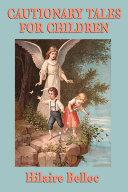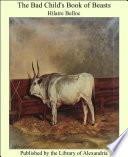Source: The Cruise of the 'Nona (1925), pp. 48-9
Belloc writes that Cardinal Manning said this sentence to him "when I was but twenty years old" (p. 47), i.e. in 1890 or 1891.
Context: The profound thing which Cardinal Manning said to me was this: all human conflict is ultimately theological. […]This saying of his (which I carried away with me somewhat bewildered) that all human conflict was ultimately theological: that is, that all wars and revolutions, and all decisive struggles between parties of men arise from a difference in moral and transcendental doctrine, was utterly novel to me. To a young man the saying was without meaning: I would almost have said nonsensical, save that I could not attach the idea of folly to Manning. But as I grew older it became a searchlight: with the observation of the world, and with continuous reading of history, it came to possess for me a universal meaning so profound that it reached to the very roots of political action; so extended that it covered the whole.It is, indeed, a truth which explains and co-ordinates all one reads of human action in the past, and all one sees of it in the present. […] All tragedy is the conflict of a true right and a false right, or of a greater right and a lesser right, or, at the worst, of two false rights. Still more do men pretend in this time of ours, wherein the habitual use of the human intelligence has sunk to its lowest, that doctrine is but a private individual affair, creating a mere opinion. Upon the contrary, it is doctrine that drives the State; and every State is stronger in the degree in which the doctrine of its citizens is united. Nor have I met any man in my life, arguing for what should be among men, but took for granted as he argued that the doctrine he consciously or unconsciously accepted was or should be a similar foundation for all mankind. Hence battle.


